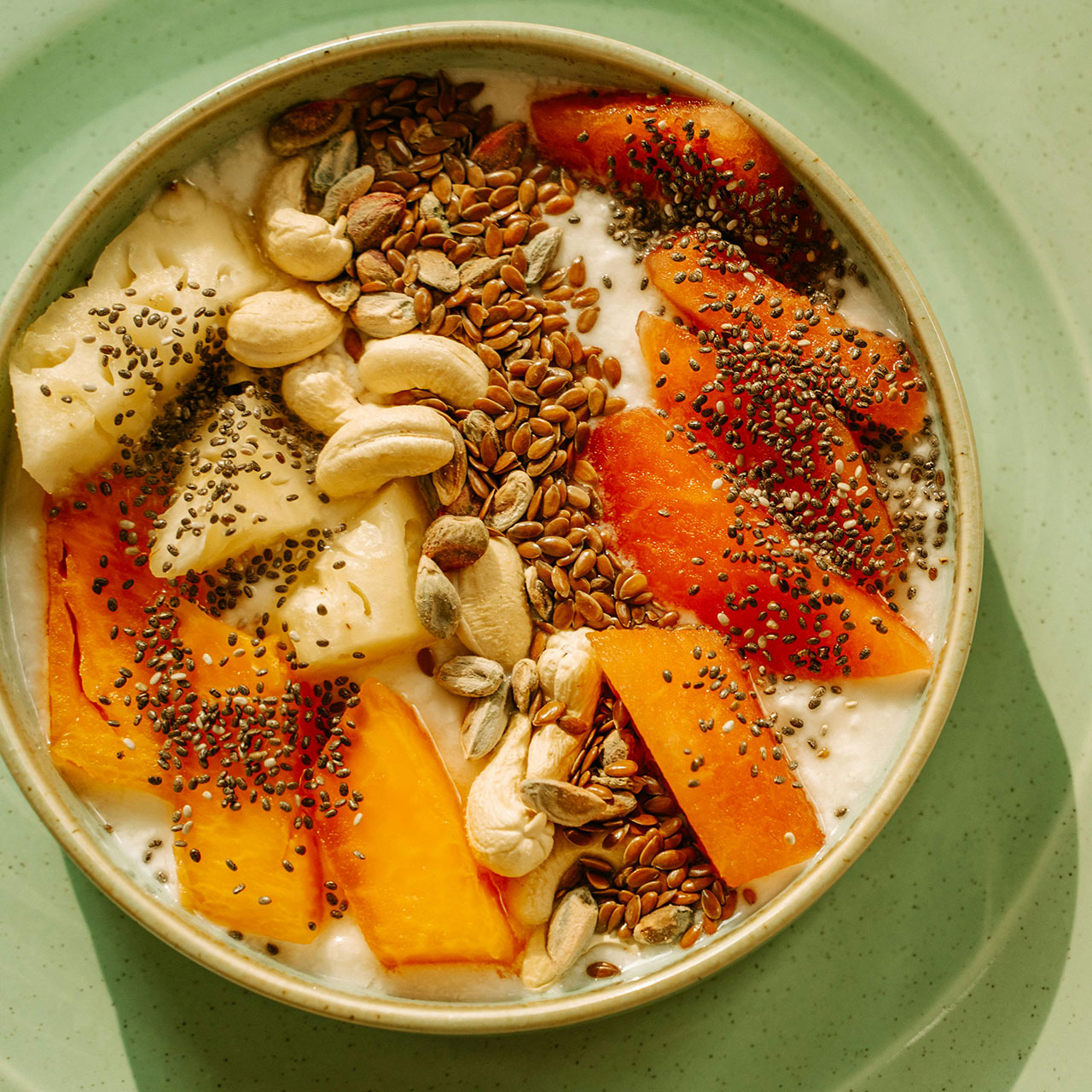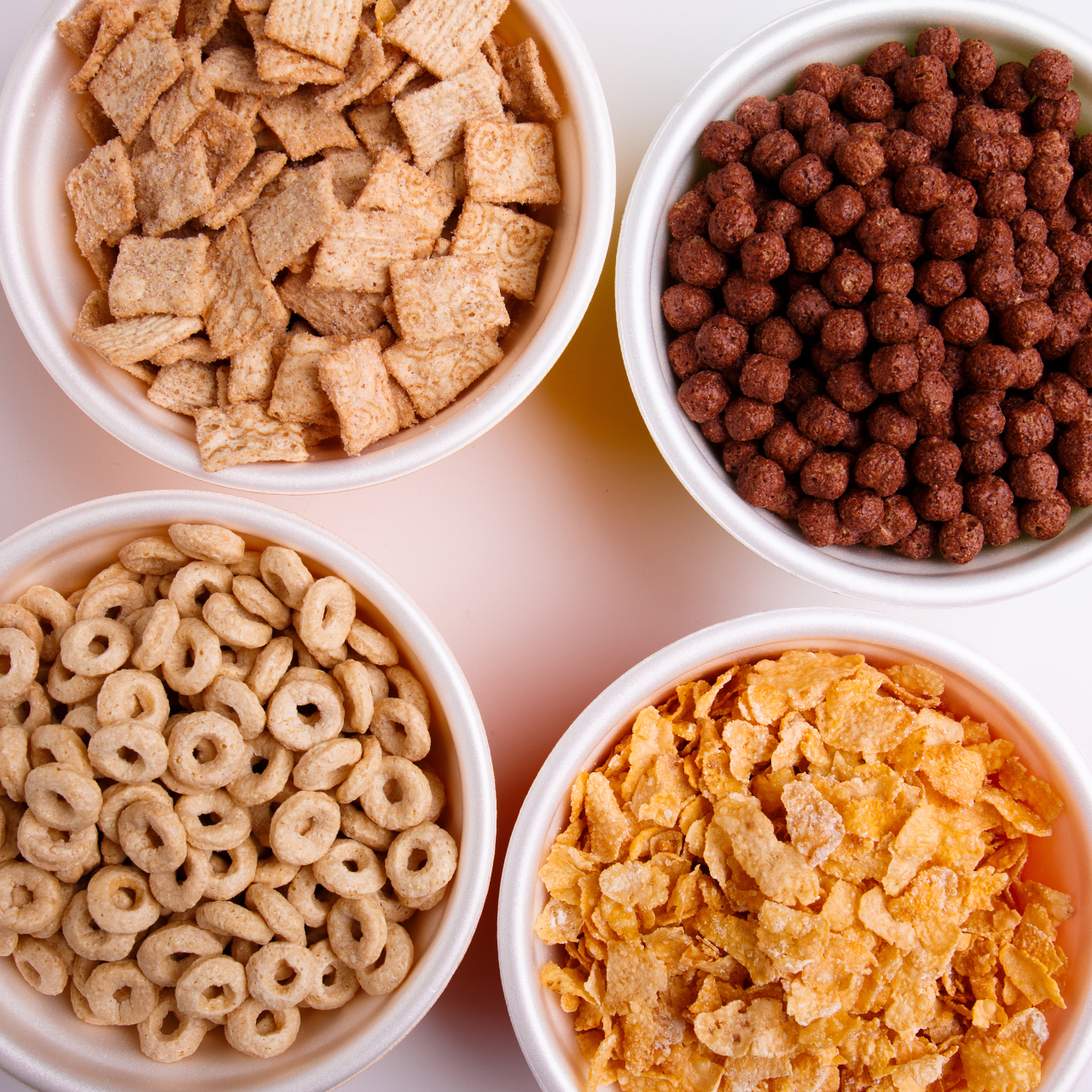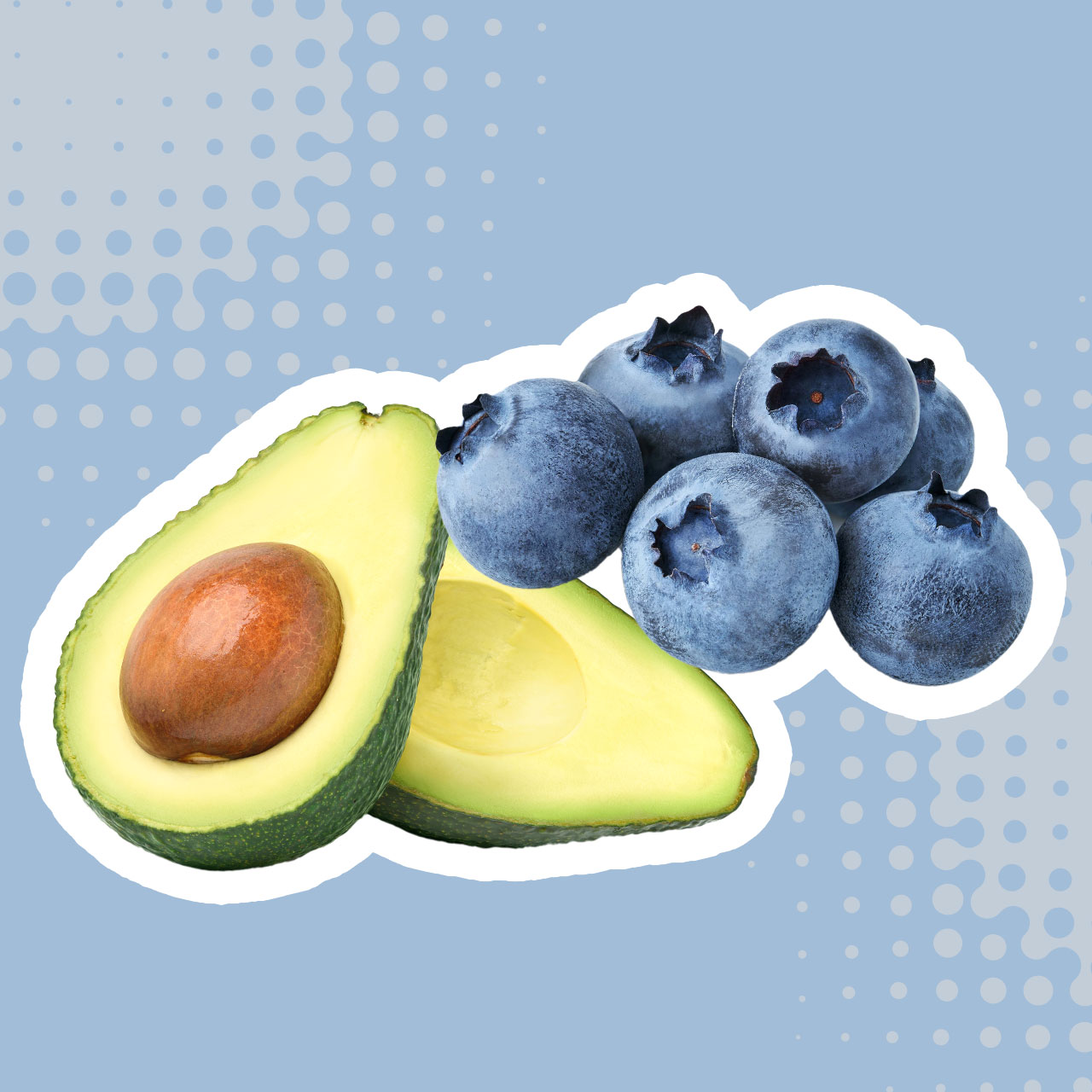Bloating is that uncomfortable feeling when your stomach feels swollen and tight, often after eating. It’s a common issue caused by various factors, including overeating, certain foods, or digestive problems. Luckily, gut-healthy, probiotic-loaded drinks can help! These drinks, packed with beneficial bacteria, can improve digestion and reduce bloating. By promoting a healthy balance of gut flora, probiotic drinks can help keep your digestive system running smoothly and keep that bloated feeling at bay.
We checked in with Johanna Angman, a registered dietitian and nutritionist, Dr. Akanksha Kulkarni, and Krutika Nanavati, a registered dietitian and nutritionist from ClinicSpots, to learn about seven gut-healthy drinks that are packed with probiotics to beat bloating. They revealed that kefir, yogurt, sauerkraut juice, probiotic smoothies, apple cider vinegar drinks, miso soup, and kombucha are the ones to incorporate into your diet.

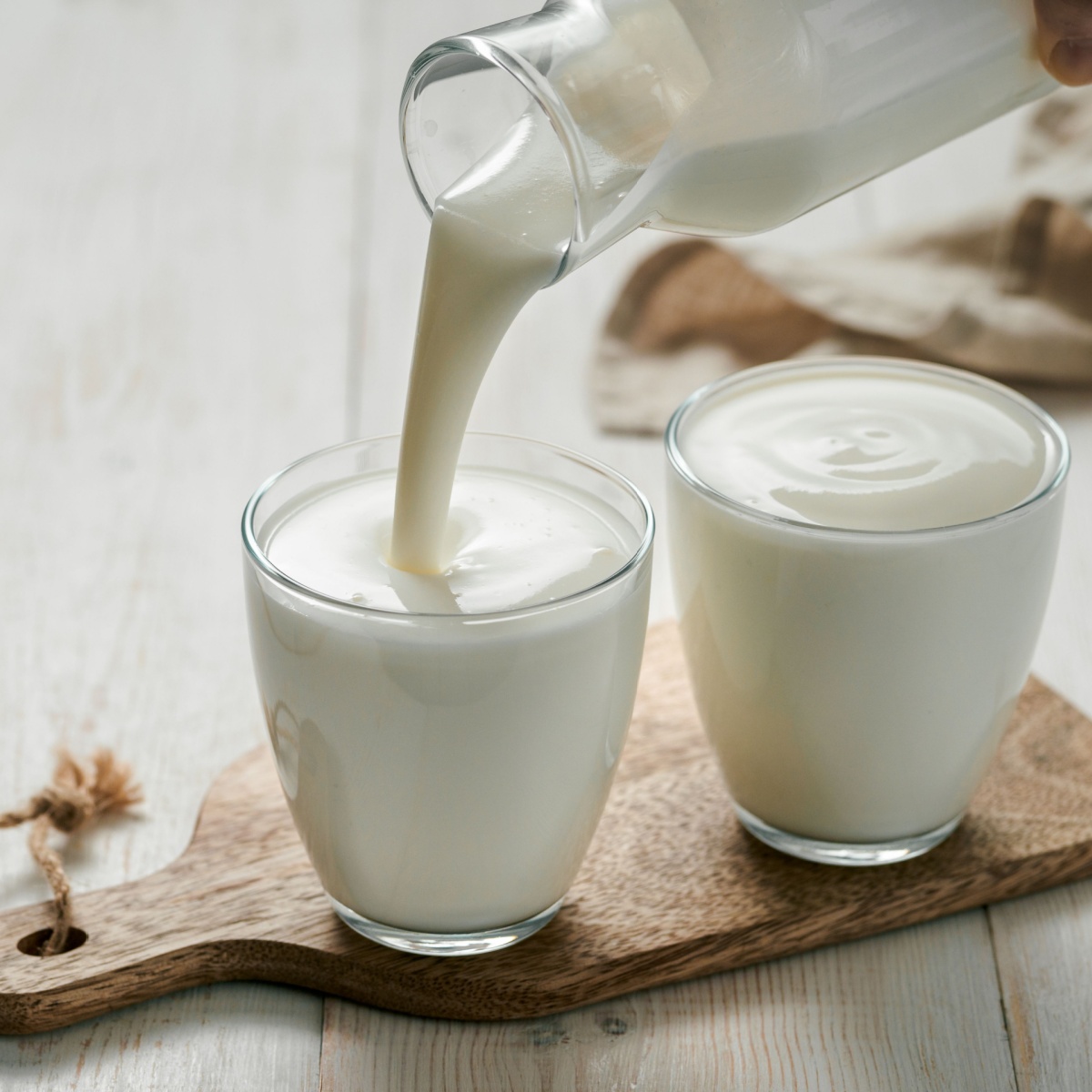
1. Kefir
The probiotics in kefir help maintain a healthy balance of gut flora, improve digestion, and reduce bloating.
"Kefir is a fermented milk drink that's packed with probiotics. It's often richer in probiotics than yogurt, offering a diverse range of beneficial bacteria and yeasts. These microorganisms help improve digestion, combat harmful bacteria, and reduce bloating by promoting a balanced gut environment," Angman notes.
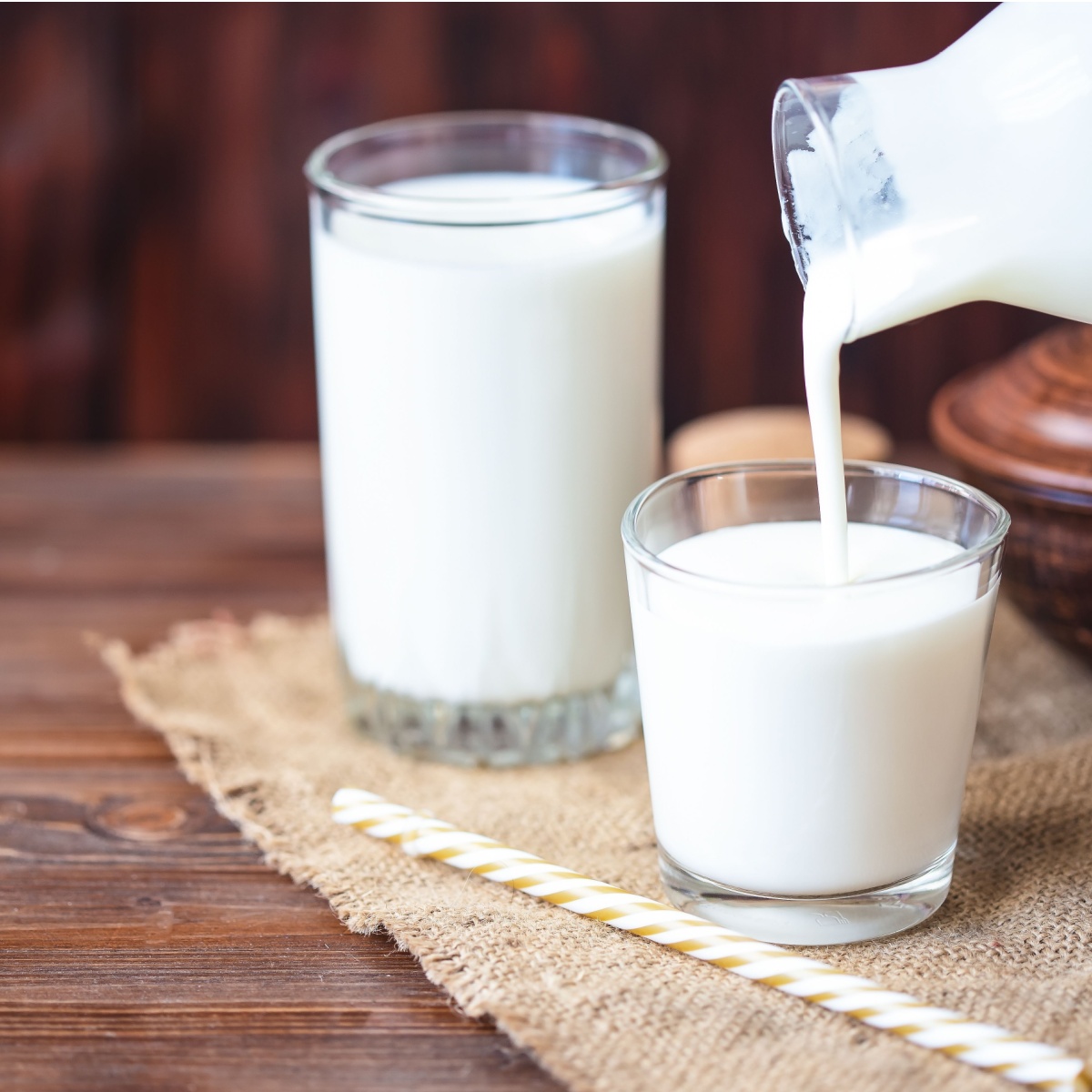
2. Yogurt
Yogurt is packed with probiotics! These beneficial bacteria help break down food more efficiently, reducing gas and bloating.
"Yogurt is a classic probiotic source made from fermented milk. The live cultures in yogurt, such as Lactobacillus and Bifidobacterium, aid in breaking down lactose, which can help those with lactose intolerance avoid bloating. Yogurt also helps maintain a healthy balance of gut bacteria, reducing the incidence of bloating," she says.
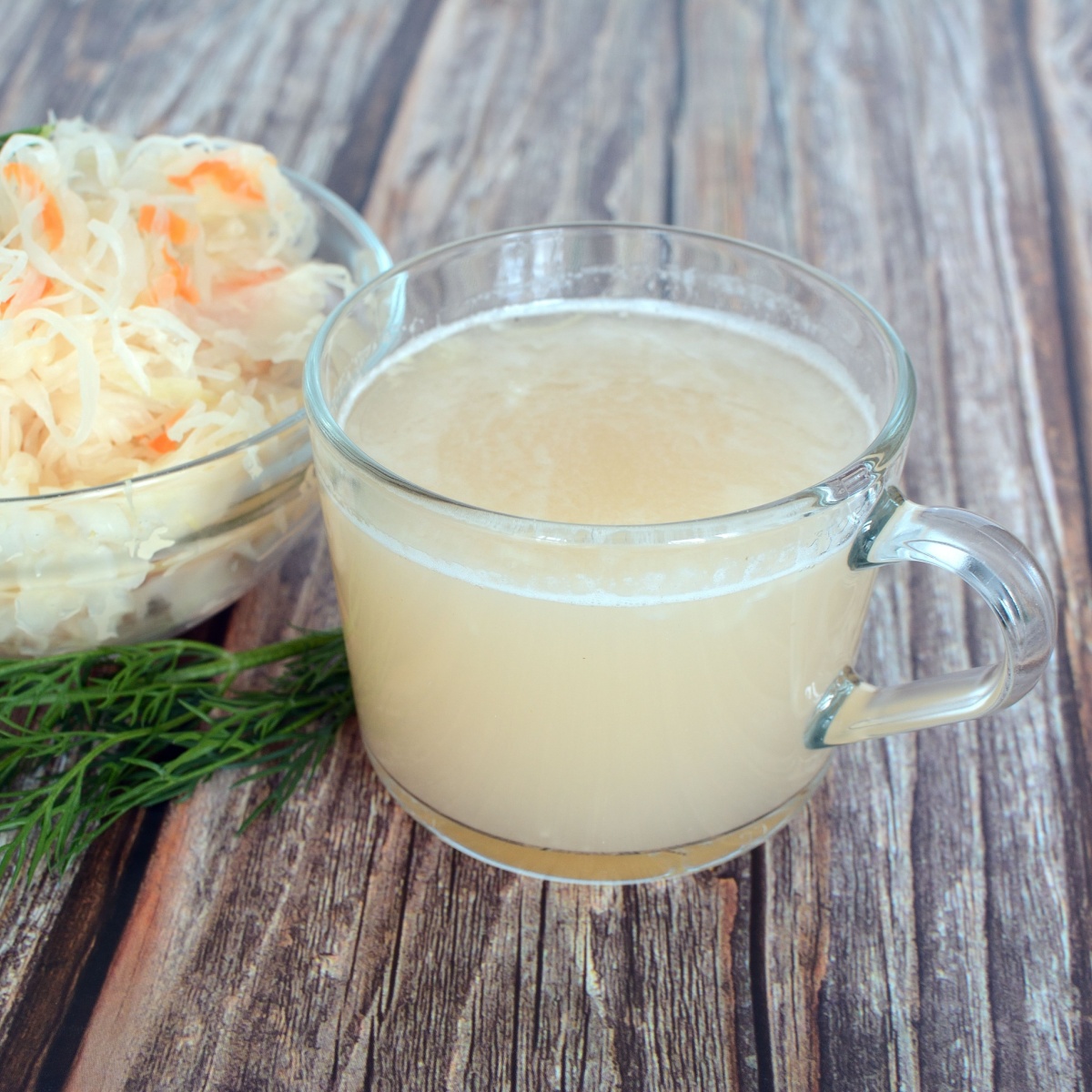
3. Sauerkraut Juice
The probiotics in sauerkraut juice help to keep your gut happy and balanced, promoting efficient digestion and reducing the formation of gas, which can cause bloating.
Angman says "the liquid from fermented cabbage is brimming with probiotics. This juice contains lactic acid bacteria that can help alleviate bloating by improving digestion and enhancing gut health. Drinking a small amount daily can support a healthy microbiome and reduce bloating symptoms."
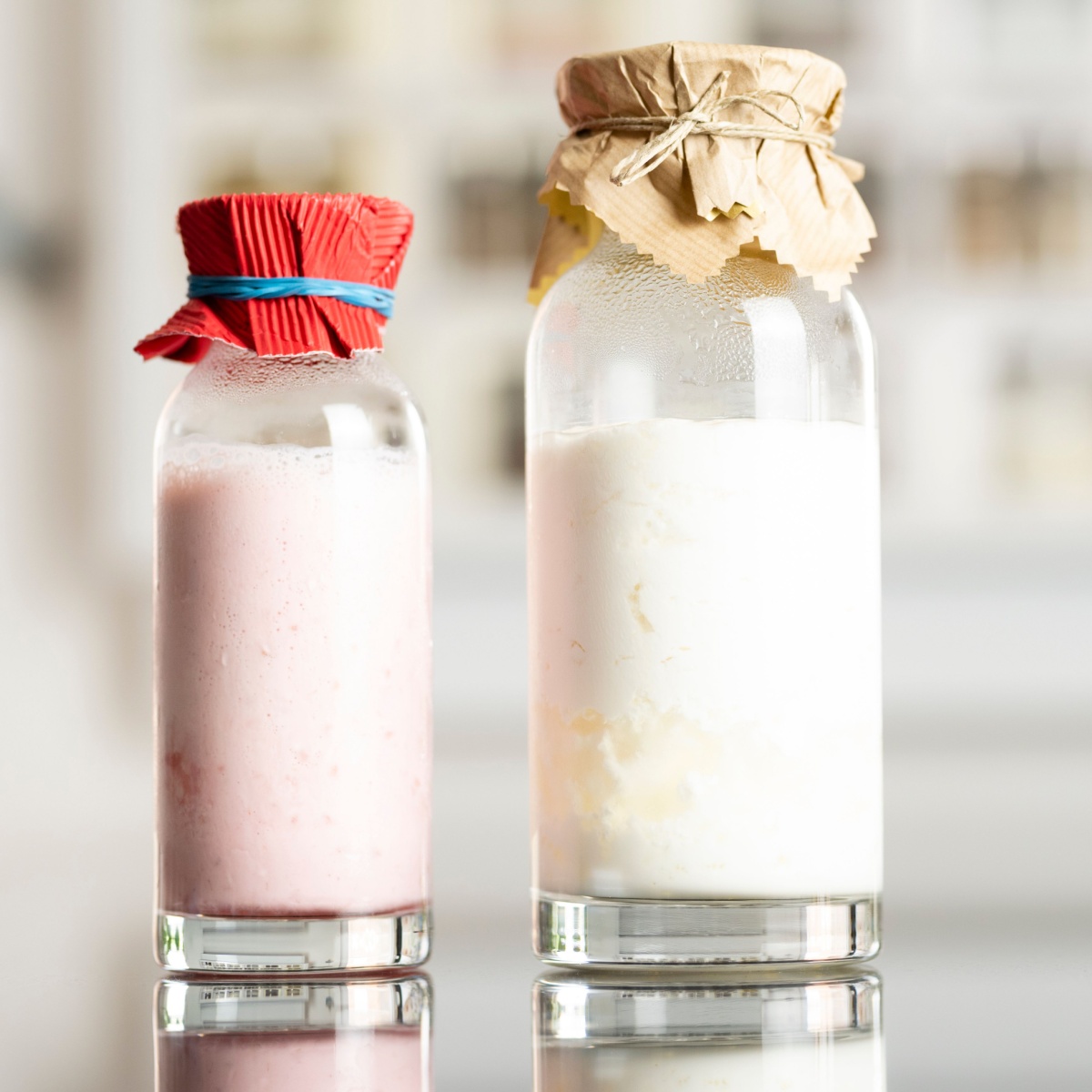
4. Probiotic Smoothies
Many probiotic smoothies contain hydrating ingredients like fruits and vegetables, as well as fiber-rich foods like chia seeds or flaxseeds. These ingredients can help maintain proper hydration levels and promote healthy bowel movements, further reducing bloating.
Angman says these smoothies are "made with ingredients like kefir, yogurt, and probiotic supplements, which are a delicious way to boost your gut health. These smoothies combine the benefits of probiotics with the fiber and nutrients from fruits and vegetables, aiding digestion and reducing bloating."
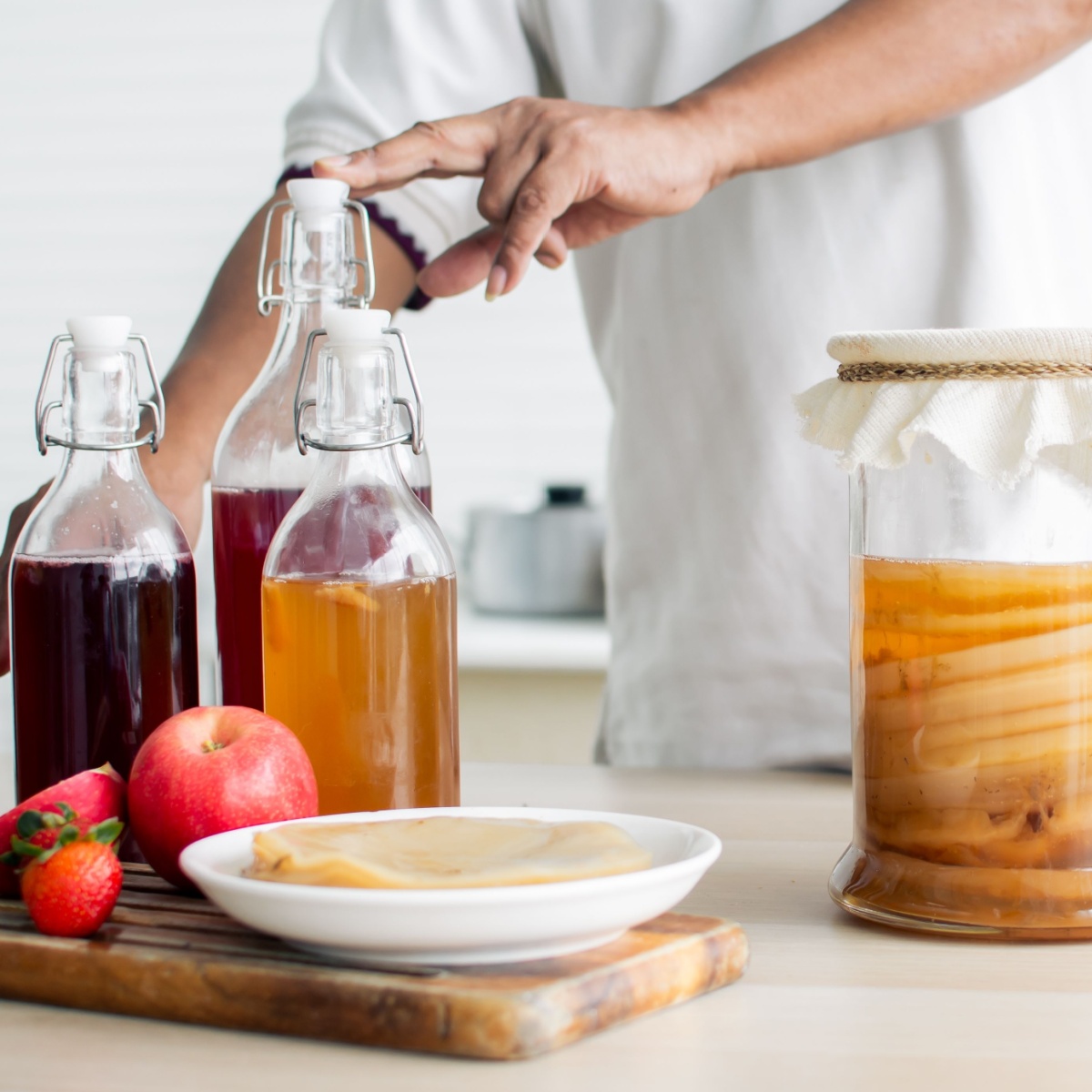
5. Kombucha
Kombucha is fermented with a symbiotic culture of bacteria and yeast (SCOBY), which results in a beverage rich in probiotics. These beneficial bacteria support a healthy gut microbiome, aiding in digestion and reducing bloating by breaking down food more efficiently.
"Kombucha contains probiotics that help improve gut health by maintaining gut flora balance," says Kulkarni.
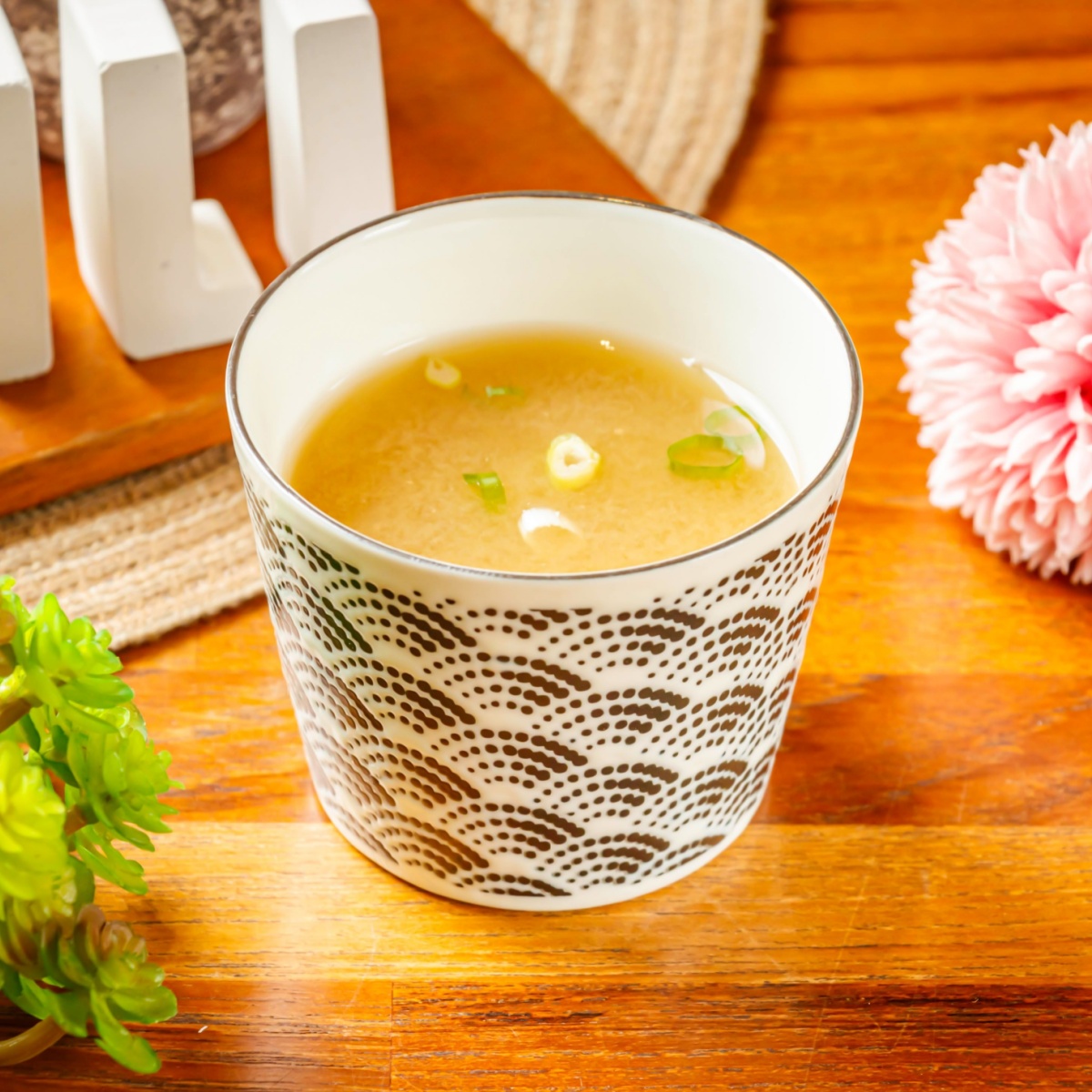
6. Miso Soup
Miso is made by fermenting soybeans with salt and koji (a type of fungus). This fermentation process results in the formation of probiotics, including beneficial bacteria like lactobacillus, which can support a healthy gut microbiome.
"Miso soup is a Japanese staple made from fermented soybeans. It's rich in probiotics, particularly strains that thrive in salty environments. Miso soup aids in digestion and helps reduce bloating by fostering a healthy balance of gut bacteria," Angman notes.
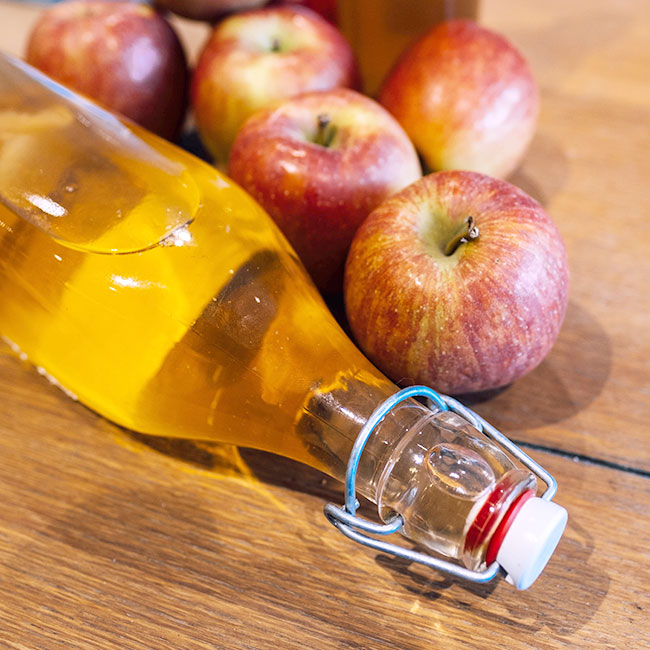
7. Apple cider vinegar water
Nanavati points out that even though not all apple cider vinegar has probiotics, it "can still be considered a probiotic drink." She explains that acetic acid in ACV is formed when apples are fermented with yeast.
"It has a lot of good probiotics, which can aid in promoting digestion and reducing intestinal inflammation," she says.
Angman adds, "While not a traditional probiotic, ACV contains prebiotics that feed beneficial gut bacteria. Mixing a tablespoon of ACV with water and drinking it before meals can improve digestion and help prevent bloating."















